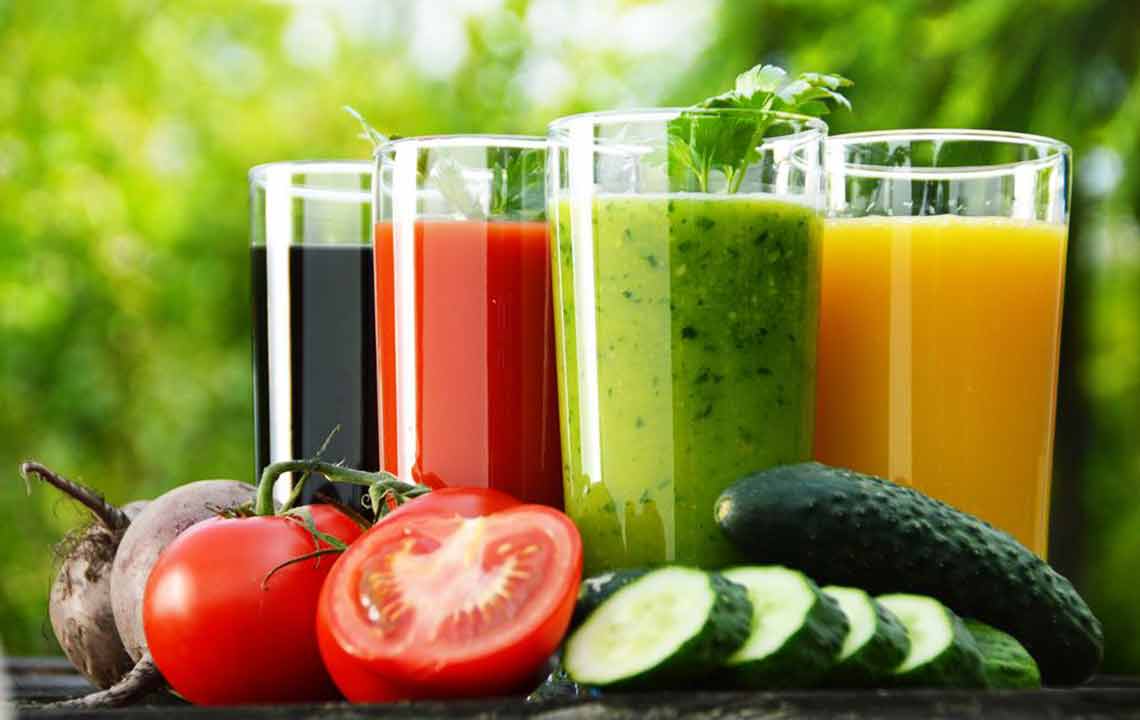5 IBS diet plans to follow
Irritable bowel syndrome (IBS) is a disorder which brings about changes in the bowel movements. Some patients experience diarrhea, while other experience constipation. Cramps and abdominal pain cause difficulties in the daily activities.
Causes of IBS
Doctors aren’t sure what causes IBS; there are combinations of problems that may lead to this condition, such as:
- There may be signal problems between the brain and gut (nerves).
- One may have abnormal motility in the colon
- Sensitivity to pain may increase
- There may be an over growth of bacteria in the intestine
- Genes and family history may affect IBS
- Food intolerance, allergies, poor absorption and sensitivity
- Psychological problems may increase symptoms
Skipping of daily meals, low intake of fluids, and excessive intake of alcohol, caffeine, and fatty foods results in improper functioning of the bowel movements. There are a variety of factors that cause IBS, and diet is just one of them.

There is no evidence that digestion of food is different in people suffering from IBS as compared to those without the IBS condition. Muscles and nerves are over reactive in IBS and hence, cause the bowel to over-respond to stimuli. Eating releases hormones that stimulate the gut, hence even a normal event, such as the act of eating itself, and not a particular food, may aggravate the symptoms.
Foods to avoid
- Certain foods or drinks make IBS symptoms worse, such as:
Medical attention is necessary for IBS; however, following certain IBS diet plans may help in preventing the IBS symptoms.
High-fiber diet
Fiber adds bulk to your stools, which aid in movement. The average adult should eat 20 to 35gms of fiber per day. Fibre-rich foods such as fruits, vegetables, and whole grains, are nutritious and help prevent constipation. If one experiences bloating from increased fiber intake, he can switch to soluble fibers.
Low-fiber diet
In some cases, the fiber may help IBS patients. However, if you are frequently gassy and have diarrhea, it may worsen your condition. Before eliminating fiber from the diet, you can focus on sources of soluble fibre. Soluble fiber is found in apples, berries, carrots, and oatmeal. Soluble fiber easily dissolves in water and hence doesn’t add the extra bulk. Whole grains, nuts, tomatoes, raisins, broccoli, and cabbage are sources of insoluble fiber.
You may also consider taking anti-diarrhea tablets 20 minutes before consuming fiber, to reduce the effects. However, you shouldn’t make this a habit.
Gluten-free diet
Gluten is a protein found in grain products such as bread and pasta. The protein can damage the intestines in patients who are intolerant to gluten. Some people with a sensitivity or intolerance to gluten also experience IBS. In such cases, a gluten-free diet can reduce symptoms. Eliminating barley, wheat, and rye from your diet can result in solving gastrointestinal problems. You can find gluten-free versions of your favorite food in health stores or grocery stores.
Elimination diet
Certain food items are avoided for a specific amount of time, to check if there is any improvement in IBS. Foods such as coffee, chocolate are eliminated from the diet. Eating nuts may cause some uncomfortable symptoms, as chewing them creates a lot of small pieces, resulting in pain, gas, bloating, and diarrhea.
However, you should forgo any food you suspect, and completely eliminate it for 12 weeks and notice if there are any improvements in IBS symptoms. Keep a track of any differences in your IBS symptoms and move on to next food on your list.
Low-fat diet
High-fat foods contribute to several health issues, such as obesity. High-fat foods are generally low in fiber, which can be problematic for IBS-related constipation.
Fatty foods are worse for patients with mixed IBS. Mixed IBS is when there is a combination of diarrhea and constipation. Embarking on a low-fat diet would be good for the heart and may improve uncomfortable bowel symptoms.
Instead of eating fried foods and animal fats, focus on lean meat, fruits, vegetables, grains and low-fat dairy products.
The best diet for you
Certain foods can help during IBS, but everyone is different and their body functions differently. Examine your symptoms and talk to your doctor before starting a new diet. You should stay in tune with how your body reacts to certain diets, as you may need to replace or remove certain food items that may disturb your diet. You must ask your doctor to suggest one of the best IBS diet plans that suit your body.
According to the National Institutes of Health, you should drink plenty of water, including regular exercise, decrease your alcohol and caffeine intake to promote regularity and minimize IBS symptoms.

